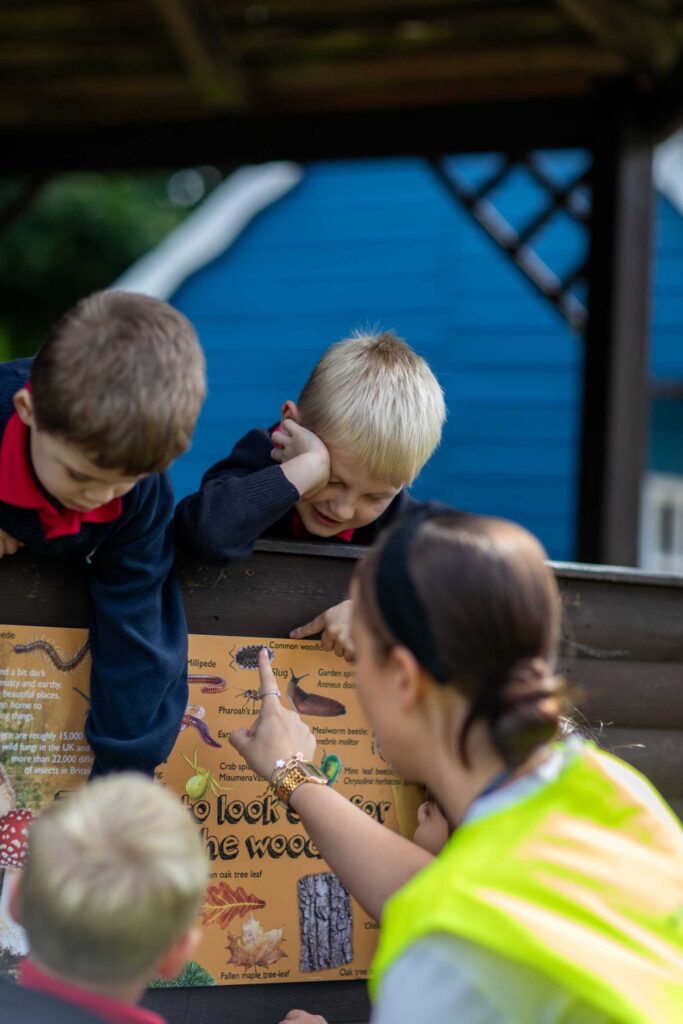SCIENCE AT ST. GILES'

In Science, children will explore the natural and man-made world around them. They will be encouraged to be curious and ask questions about what they notice. They will experience different types of scientific enquiry and will begin to recognise ways in which they might answer scientific questions. They will develop their practical problem solving and investigative skills.
Through our Science Curriculum we aim to help children to develop their scientific knowledge and understanding. The children are offered a broad, well balanced science curriculum based on the ‘Cornerstones’ curriculum with Science lessons following an ‘engage, develop and innovate’ approach, through different projects. The areas covered are plants, animals, seasonal changes, every day materials and living things and their habitats. Following the Cornerstones curriculum ensures coverage across the year groups and clear progression of knowledge and skills.
The following documents are password protected. Please contact the school office for access.
Click here to see the skills progression map, including opportunities for challenge for EYFS and Key Stage One.
Click here to see the knowledge progression map for EYFS and Key Stage One.
To see how the Cornerstones Curriculum is linked to National Curriculum objectives in Key Stage One, click here.
The Reception year group follows the early learning goals. These are implemented in a relevant, interesting and enjoyable way through focused topics which develop their scientific vocabulary and language and help them experience a variety of scientific approaches to learning and problem solving.
At St Giles there is a strong emphasis on investigative and practical work using our outdoor environment whenever possible. The children will learn to make predictions by using their observations and ideas to suggest answers to questions and then carry out investigations to test them. They will use simple features to observe and compare objects, materials and living things, decide how to sort, identify and group them, observe changes over time, and begin to notice patterns and relationships. They will also learn to apply their mathematical knowledge in science, including collecting, recording, presenting and analysing data and they will develop an awareness and concern for the wider environment and to understand the importance of science in our society.

